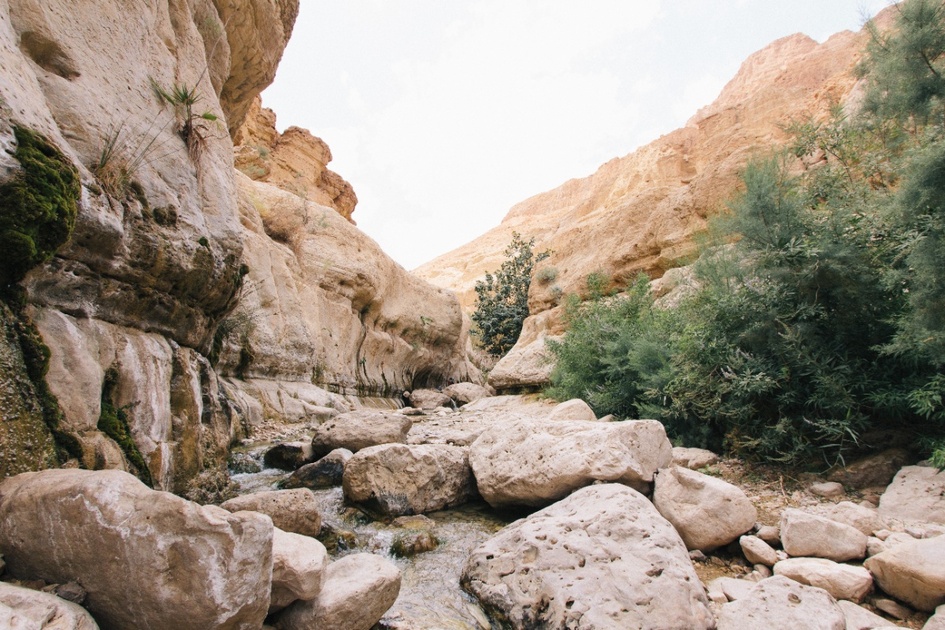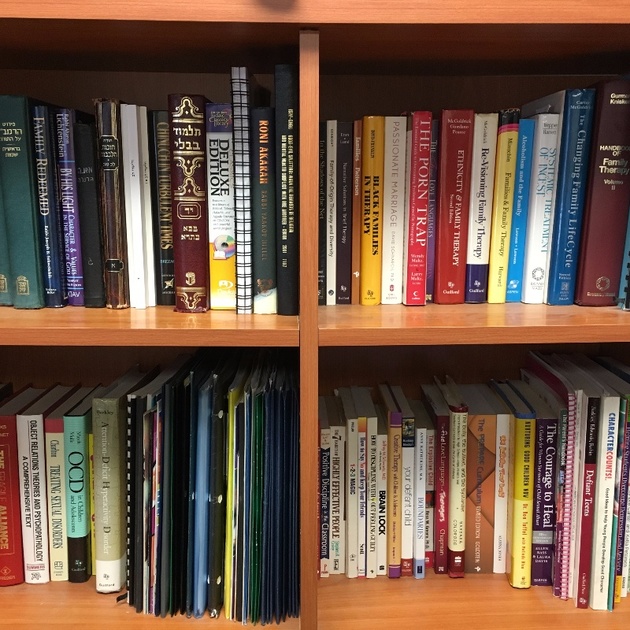
As Israel finds itself in the second month of its war on Hamas - this, following the shocking massacre of 1,400 Israelis and the taking of more than 200 hostages - I’ve decided to share a thought, a meditation. It’s one that grounds me and brings me solace. Perhaps, you too will find meaning.
There are deeply disturbing facets to the war: the gruesome murder scenes, the unbearable images of people being tortured, the heart-wrenching reality of families being deprived of spouses, children, siblings, parents, and even grandparents.
In addition, numerous demonstrations, claiming to be pro-Palestinian or pro-peace, seem focused on dehumanizing Israelis, on deligitimizing the Jewish Homeland, on labeling us “colonists”. Many of those demonstrations have devolved into antisemitic aggression.
Sometimes I feel my head spinning. How can I achieve personal clarity on the fact of our being indigenous to the land, on the basic right of Jews to live in the land, to hold sovereignty over the land? What can I think, say, or do, to remind myself of the unbreakable bond between me, every other Jew, and Eretz Yisroel? For me the answer lies in an ancient Tefillah that we recite three times each day.
I’m referring to the Amidah, the silent Shemoneh Esrei, in general, and to its first Berachah, Avos, in particular.
Over the past decade, I’ve been tapping into Birchas Avos, as a source of personal connection to our Avos and Imahos. Whatever issue I may be facing, whatever might be on my mind, there is somehow a link to the lived and recorded experience of our revered ancestors.
If I am dealing with Parnassah, I think of Avraham, who made pointed decisions as to how and with whom he would generate Parnassah; I think of Yitzchak, who achieved success, even when facing sabotage from others; I think of Yaakov, who slowly, methodically, raised himself from poverty. In each case, I think of the Avos, as making decisions based on their relationship with Hashem, as arriving at outcomes based on their relationship with Hashem.
As a husband, I contemplate the relationships between the Avos and Imahos; the periods of collaboration, but also the moments of discord.
As a father, I consider what the Avos did or did not know about their own children. I consider, as well, how the Imahos tended to have a clearer picture, and how each couple navigated the knowledge gap.
The Avos and Imahos were spiritual giants. They were also real people who faced real-life challenges. I’ve always found comfort in that.
As I recite Elokei Avraham, Elokei Yitzchak, VeElokei Yaakov, I feel connected to the world of my ancestors, my grandparents, and I feel more grounded in my own life.
More recently, especially in the summertime, as we traverse the months of Tamuz and Av, I’ve begun to think of the Avos and their relationship to the Land of Israel.
I consider the mystery with which Avraham left his homeland, guided westward, by Hashem, until he reached Eretz Canaan. This includes the wonder he must have felt, as he set up his encampments; the sheer barrenness of some spots, the lush verdance of others; the spiritual potency of Be’er Sheva, the window to eternity through Chevron; the terror and ecstasy of Har Hamoriyah.
I reflect on Yitzchok’s experience of the land, not as a newcomer, but as a native. This includes Hashem’s command to Yitzchok: “Even in a time of famine, do not leave the land. You are especially holy to Me. You belong to the land, and the land belongs to you.”
I ponder Hashem’s promise to Yaakov, as he and his family headed down to Mitzrayim. “You’ve left this land once, you are leaving it again. Your body will return; your children will return (again and again and again, as expanded upon, by our Nevi’im).”
It is particularly in these dark days, when I feel that we are most beset by forces that challenge our relationship to the land, that I return to my meditation, during the Amidah:
I am with Saba Avraham, seeing the land, for the first time, in all its beauty; all its potential. I am with Saba Yitzchok, being told that this is my home - that I shall never leave; I am with Yisroel Saba, being promised that no matter how many centuries since I last set foot here, Israel remains my homeland; the birthright of my children, of all our children, forever and ever.
May we all experience Geulah. May the hostages be speedily released. May the blood of those who were targeted and massacred be avenged. May all the soldiers return home healthy, whole, and wholesome. May all of Israel's inhabitants and also those remaining in the diaspora live in peace and tranquility. May we connect, as we always have, with our Avos, our Imahos, and Avinu She-ba-shamayim.
Glossary of terms:
Amidah: Standing, silent meditation
Artzenu: Our land
Av: The 5th Jewish month
Avinu: Our father
Avos: The Patriarchs
Berachah: Blessing
Elokei: G-d/Master of
Eretz Canaan: Israel’s early name, while ruled by the Canaanite tribes
Eretz Yisroel: The land of Israel
Geulah: Redemption
Hashem: G-d
Har Hamoriyah: Mount Moriah
Imahos: Matriarchs
MItzrayim: Egypt
Nevi’im: Prophets
Parnassah: The earning of a livelihood
Saba: Grandfather
She-ba-shamayim: Who is in heaven
Shemoneh Esrei: The 18 blessing meditation
Tamuz: The 4th Jewish month
Tefillah: Prayer
Yisroel: Alternate name for Yaakov
 Previous
Previous

